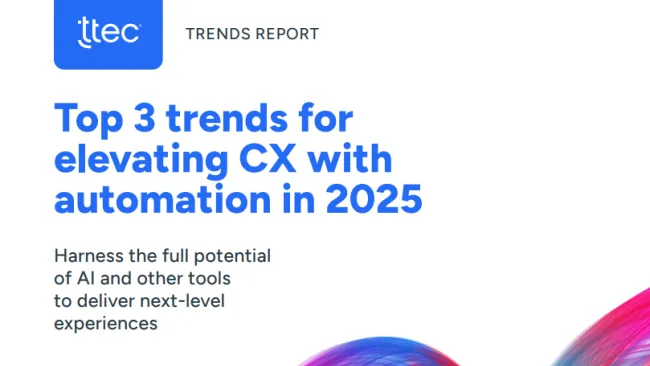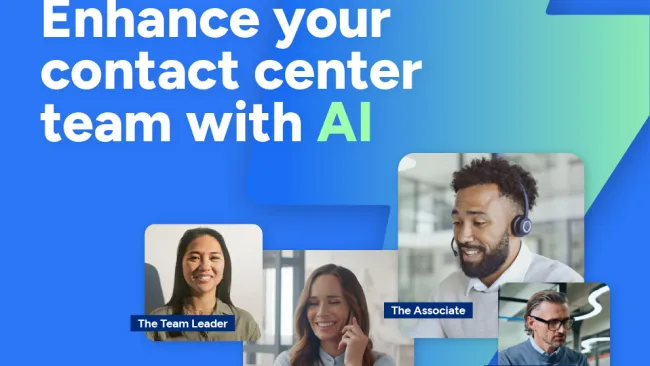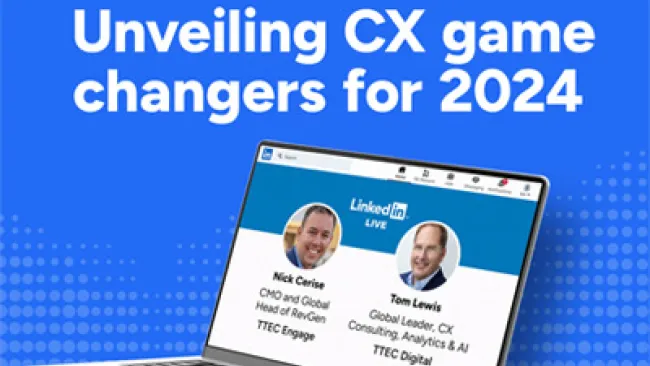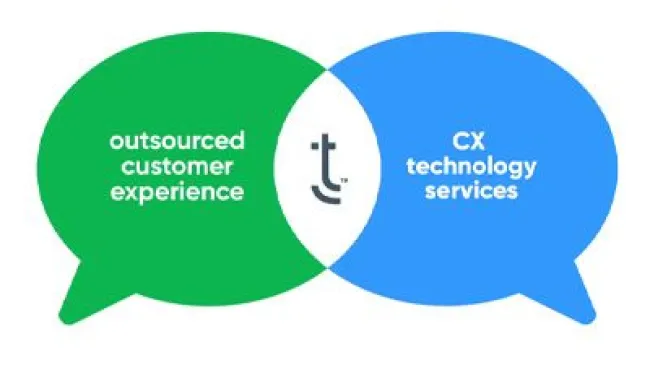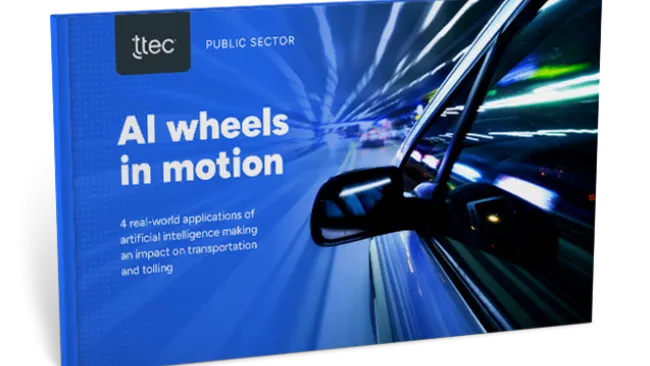Consumer expectations toward mobile are increasing every day. Smart companies are responding with a customer-first approach when designing their mobile engagement strategies.
Because 80 percent of the world’s population now carries a mobile device and expects optimal experiences when interacting with their devices, it therefore makes sense to focus on the customers’ needs first before building your app or optimizing your site.
While marketers and IT seemingly recognize the importance of building mobile based on customer insights, few can report success. According to eMarketer, 29 percent of marketers say they have an “average” mobile experience level and 23 percent say they’re behind the times. To start seeing change in this area, I suggest asking customers first through surveys and user testing what they need and how they want to communicate with the brand.
Once a company understands customers’ individual channel preferences, content needs, and engagement frequency, it must create a mobile strategy that provides value and assists customers with the help they need when they need it. This is important, as eConsultancy reports that 83 percent of consumers require some degree of customer support while making an online purchase.
Therefore, if a consumer has a home improvement project, he or she would want to discuss that project with an expert. And, if that person is in the middle of the project, he or she would most likely want to connect with the expert using a chat or video function on a smartphone. And, maybe the consumer would like to shop for additional supplies online.
Companies are getting closer to providing this kind of a seamless mobile experience that also meets the customers’ service, marketing, and sales needs, but several gaps remain. Many brands still maintain poor mobile experiences such as not offering mobile-optimized websites or featuring limited app functionality that doesn’t meet the specific needs of customers. Additionally, few apps allow brands to engage customers across the various departments within their organizations. Instead, they’re most often siloed and bound to individual departments.
A company that offers weight loss and maintenance products launched a new app that engages customers throughout their weight loss journeys. The app allows users to create a profile about their lifestyle and exercise preferences. A coach is assigned to users based on their profiles and instead of just pushing products through the app, the company is building a relationship with users by helping them make healthy decisions and guiding them along their path to better health.
One of the biggest obstacles to providing a better mobile experience isn’t even tech-related; it’s an organizational issue. Companies must clearly define the employee or employees responsible for building and managing their apps and mobile experiences. They should also encourage collaboration and feedback from other key areas of the organization with a stake in the customer experience. Oftentimes, the task falls to marketing or IT, with little input from other areas of the company.
This approach is detrimental in the long run, since it can limit mobile’s functionality. For example, behind the scenes at the aforementioned weight loss company, the organization’s advertising, sales, service, and other departments had to realign their objectives and collaborate more closely to provide a seamless mobile experience. Likewise, companies also need to step back and reassess their approaches to meeting customer needs before launching apps or reconfiguring their mobile presence.
The bottom line is that effective mobile experiences focus on the customer’s needs. Additionally, incorporating input from several parts of an organization such as marketing, sales, IT, and customer service in the development of a mobile engagement strategy can deliver a more seamless user experience. While there’s no surefire way to build a successful mobile presence, putting the customer first is a step in the right direction.
Also, check out the most recent issue of our e-newsletter.
Forget ‘Mobile-First.’ Think ‘Customer-First.’




